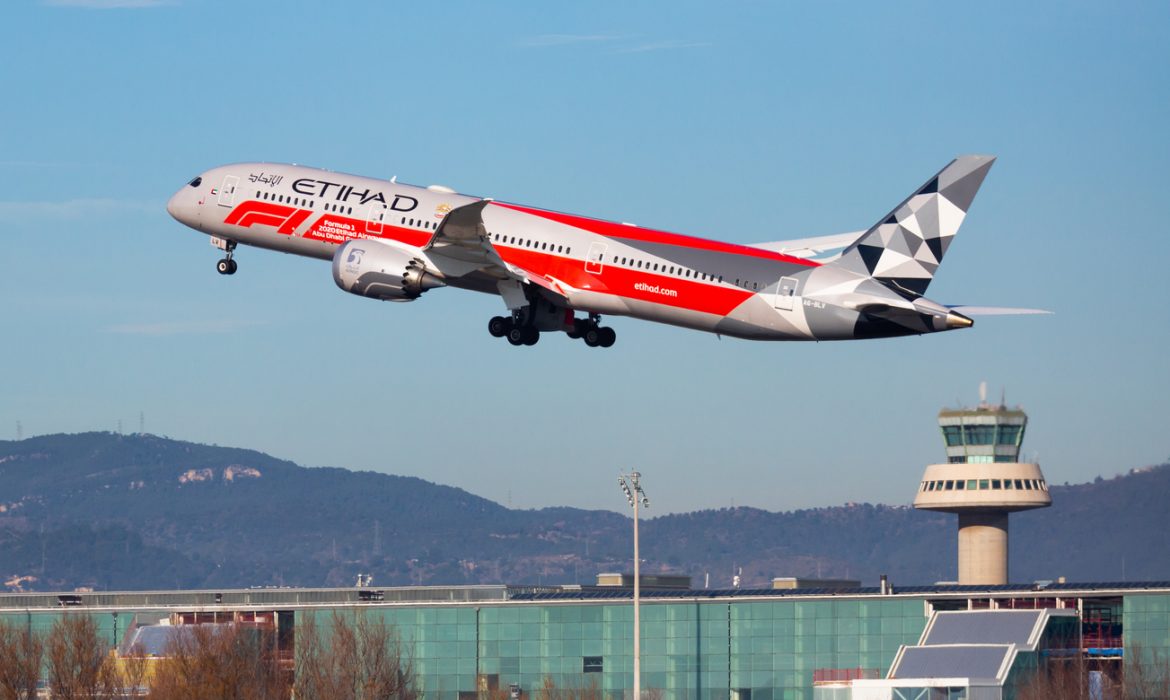Middle East airlines are facing a liquidity crisis and hundreds of thousands of jobs are at risk because of the coronavirus outbreak, the International Air Transport Association (IATA) said on Thursday, urging governments to provide state aid.
The epidemic, which has killed more than 8,000 globally, has seen many airlines warn they may not survive the crisis.
IATA Africa Middle East Vice President Muhammad Ali Albakri warned that even the most drastic cost cuts were being outstripped by plummeting revenue.
“The implications are not like we have seen before. We are struggling, suffering, and bleeding,” he told reporters on a conference call.
He said more than 800,000 jobs were directly at risk across 10 Middle East and North Africa countries including the United Arab Emirates, Saudi Arabia and Morocco.
The epidemic has cost Middle East airlines $7.2 billion in revenue as of March 11 with 16,000 flights cancelled since January, according to industry’s largest body.
“Airlines are facing a liquidity crisis,” Albakri said.
Most Middle East airlines are state-owned, few of which were profitable even before the current crisis.
Albakri said on average Middle East airlines have two months of cash reserves on hand.
IATA is now urging Middle East governments to give state aid to their airlines, having earlier this month asked for support.
The industry body is proposing direct state financial support, loans and loan guarantees and tax relief, while other measures have already been introduced.
Saudi Arabia, Morocco and Dubai have suspended a rule requiring airlines to use most of their scheduled services or forfeit landing slots at airports, he said.
Dubai’s Emirates, one of the world’s biggest international airlines, has asked its staff to take unpaid leave.
International bookings in the region are expected to fall 40% in March and April, while domestic bookings are also falling. Ticket refunds surged 75% between Feb 1 and March 11, he said






